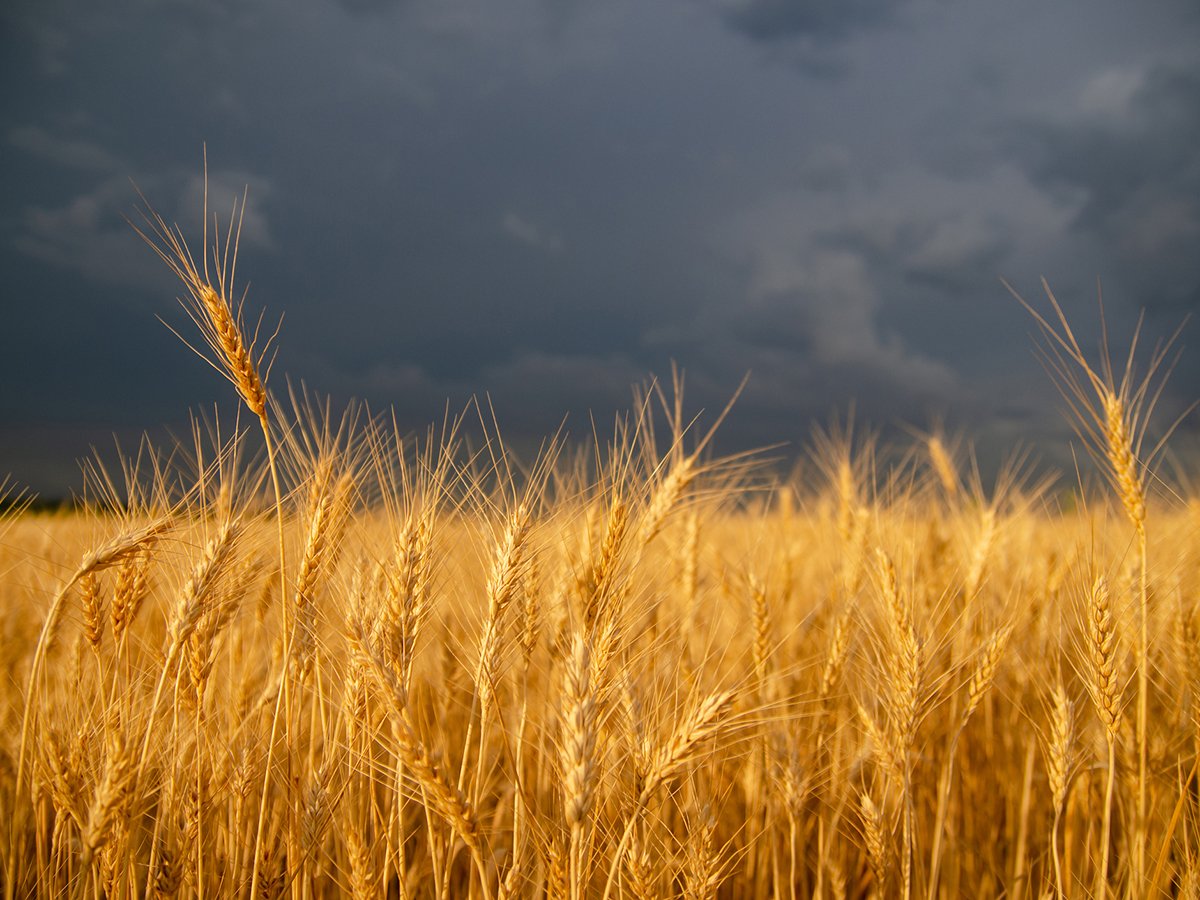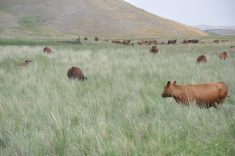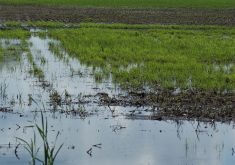Twice last week our editorial staff crammed around a boardroom table to discuss credibility, and real or perceived conflict of interest.
Our editors and reporters ultimately decided to sacrifice possible investment income for the sake of a credible paper.
They decided to voluntarily refrain from buying Saskatchewan Wheat Pool shares through an employee loan program and from the stock exchange in the future.
If our readers are suspicious that personal gain can be achieved from our stories, then our credibility is lost. Without it, a paper cannot exist as a worthy source of information.
Read Also

Late season rainfall creates concern about Prairie crop quality
Praying for rain is being replaced with the hope that rain can stop for harvest. Rainfall in July and early August has been much greater than normal.
“We have to be above suspicion, and I think the public sees us (journalists) that way. We have to set a good example,” said Nick Russell, a journalism professor at the University of Regina who has written a book on ethics. He asked how journalists can criticize others if they are suspect themselves.
“We have to behave in an ethical way all the time… We’re holding ourselves up to criticism every week … Those who live in glass houses shouldn’t throw stones.”
A recent story in The Atlantic Monthly examined how reporters meticulously research financial details in the lives of politicians, sniffing out possible conflicts of interest. Politicians are seen as corrupt if they don’t disclose their interests.
But few journalists wish to be under the same microscope. The magazine gave the example of a reporter from ABC television who did a report attacking farm subsidies.
He publicly said he owned a small ranching business and was in touch with the average American.
Later it was revealed he owned several ranches, covering 20,000 acres, and had claimed $97,000 in government subsidies over two years, despite earning $2 million a year as a journalist.
Those who live in glass houses – or subsidized ranches – shouldn’t cast stones. Nor, in our case, own shares.
















